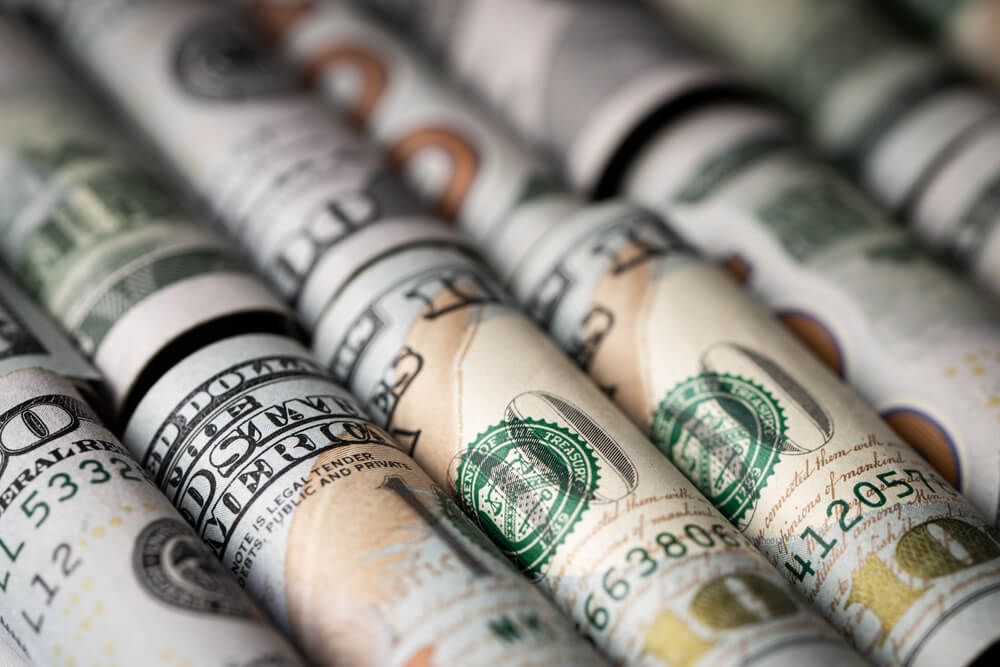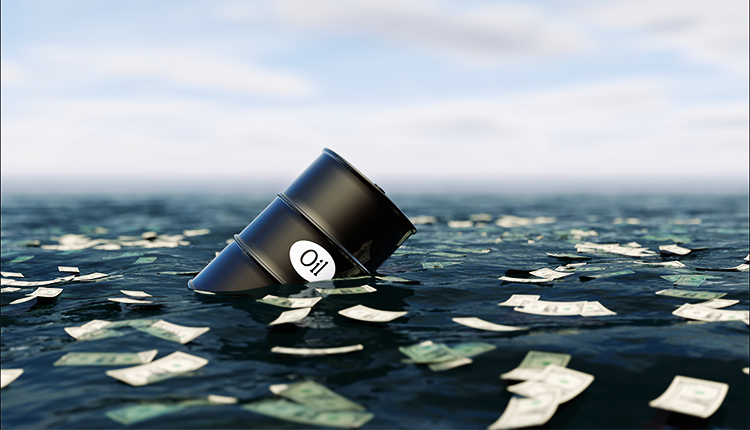The promise of a bigger stimulus spending under the new administration clouded the prospects for a stronger US dollar.
Biden’s inauguration today as the 46th president of the United States sent the greenback to the hands of the bears.
The USD index, tracking the performance of the greenback against other entities in the basket of currencies, shed off 0.18%.
The threshold steadied at 90.300 points. It is still above the 90-point psychological threshold which is considered as a critical level for the world’s reserve currency.
Yesterday, US Treasury Secretary nominee Janet Yellen urged policymakers to go big on stimulus spending to keep the economy afloat.
This is the first testimony released along with the change in administrations. Market spectators asserted that such a stance gives a glimpse of how monetary mechanisms will turn out for the coming months.
In the latest charts, the USD JPY pair inched further down to 103.47 following a downward trend consolidated in the previous session.
The pair failed to cheer on the statement released by the Bank of Japan to keep interest rates unchanged at 0.10% as expected by the market.
Consequently, the currency duo remained flat despite the Japanese central bank’s hike in exports for December which is the first time in the last two years.
Meanwhile, risk-sensitive currencies are the day’s biggest gainers as risky sentiments yet again occupy the centre spot.
The Aussie extends its wins started yesterday and added 0.7770 for the day. The New Zealand dollar followed the trail and added 0.52% to 0.7202 against the greenback.
Euro Fails to Hop the Bandwagon
Despite the strong risk sentiment from the change in administrations, the euro failed to leverage its position as a risk-loving currency.
The common currency shed off 0.19% and settled at 1.2104. It reverted the gains garnered from the previous session where it settled at a session high of 1.2158.
The fall came ahead of the European Central Bank meeting happening later today.
The monetary regulator is expected to keep interest rates in the status quo to support its still flagging economy.
For the record, the ECB eased its policy measures in the previous month which influences the assumption that there is little to ease this time.
The bloc might keep interest rates on hold until the end of the year to support economic recovery. This is according to experts in the field.
Such a stance turns out to be bullish for the euro, driving it further down despite the dollar’s weakness.
















